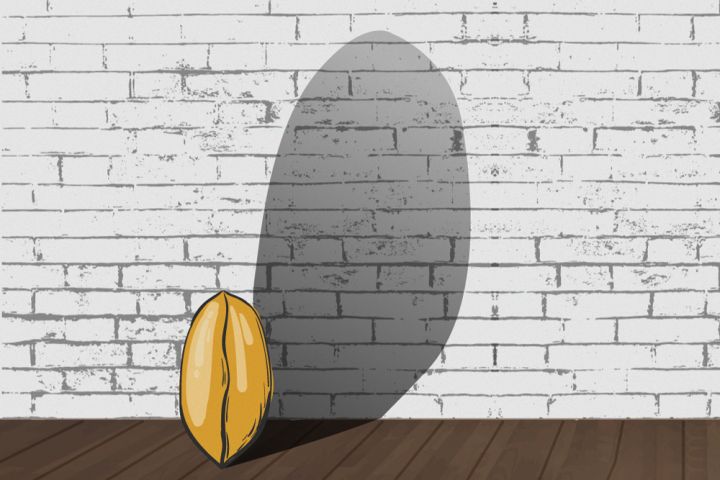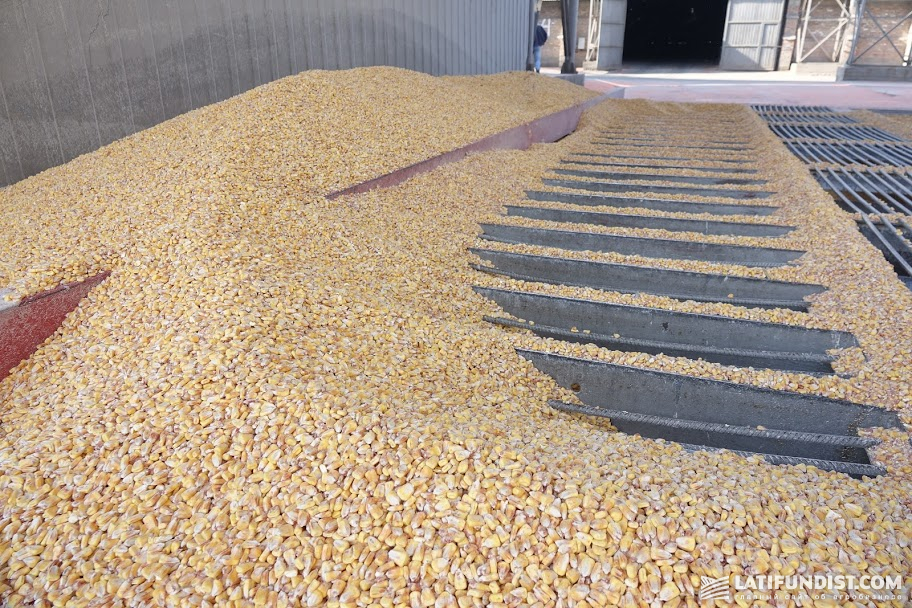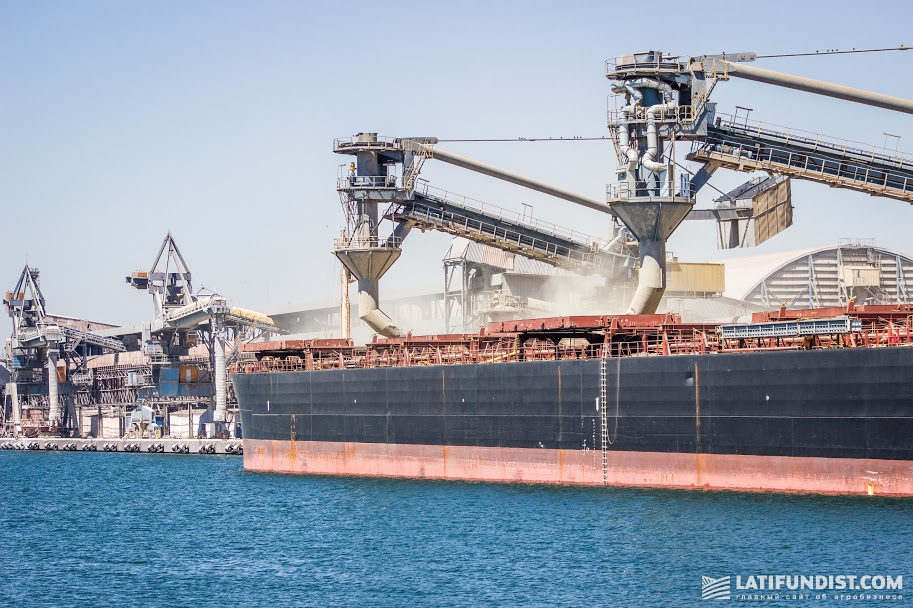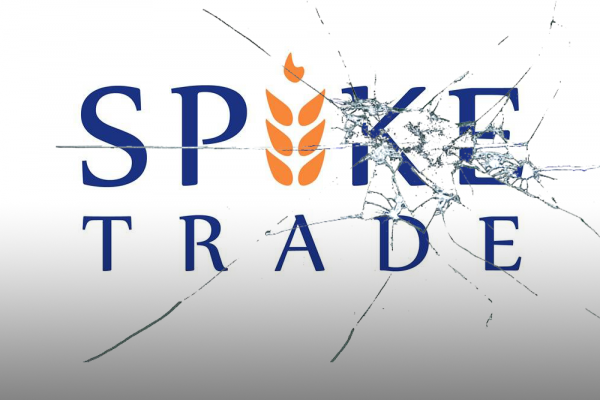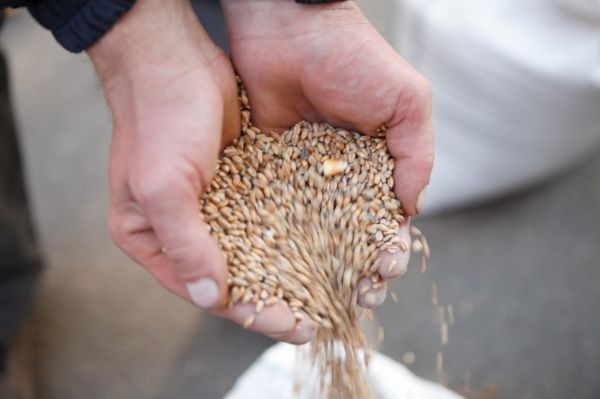Grain of Discord: Why Traders and Producers Find No Common Ground
I have many times participated in negotiations with countries-importers of agricultural commodities. It was either a coincidence or a regularity (the choice is yours), but several times I was an eyewitness to the situation when their representatives, having heard the "Ukrainian grain", said: "No, thanks. We have seen it, we do not want it".
It was way too upsetting. But, in all honesty, I do understand their logic here.
It so happens that there is practically no common ground between traders and grain producers in Ukraine. A trader does not fuel the desire to produce an export-oriented product, and an agrarian is not interested in growing quality grain.
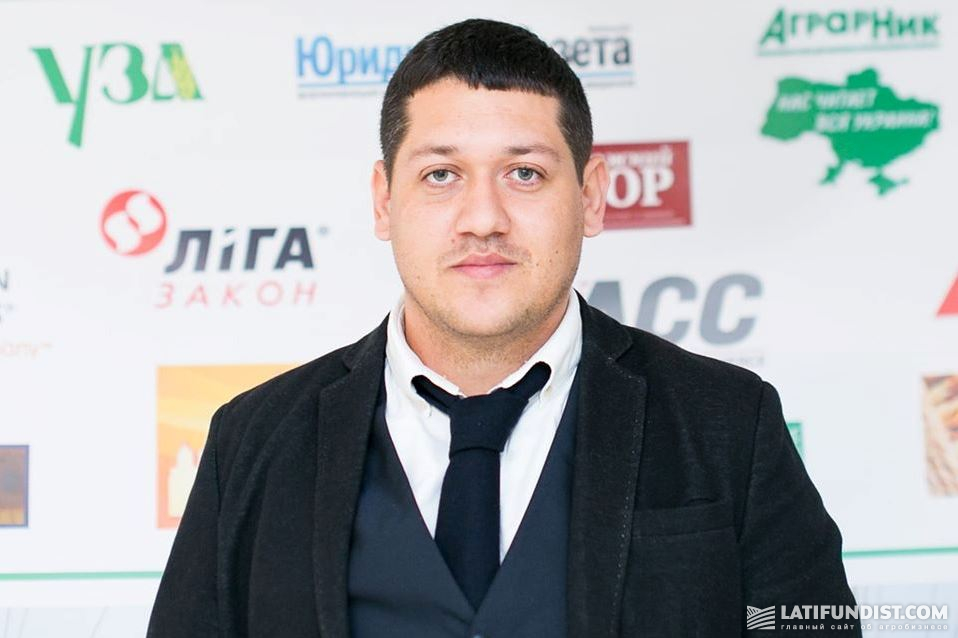
It is about cash again. I know people who farm. They say right out: "What's the point for me in growing a quality crop. Look, here is a quality field, and here is one barely treated. Dealers come and buy both for the same price, for cash."
The IFC in Ukraine once offered a really good project. Traders gave a USD 2 premium for quality grain. Multi-nationalists reacted: "Let's do it. We're in." But once the project was launched, there was no one to pay.
How exactly does this happen? I'll try to explain it through an example.
Company X exports grain from Ukraine. The vessel is loaded, the inspector takes samples, analyzes them so that there are no hazardous organisms forbidden in the importing country, and if the conclusion is satisfactory, he issues a phytosanitary certificate. In fact, it reads as follows: I, the state of Ukraine, guarantee you, the state, let's say, Egypt, that this shipment meets your requirements.
The vessel calls into port, the Egyptians take samples and say: "It's not true, there are hazardous organisms." Do you know who gets a complaint and a notification?
It's not the company, but the state of Ukraine. Accordingly, traders are not even involved. It is profitable for many people to work in this format: to hire companies, which imitate fumigation of grain, to incentivize inspectors to "ignore" whatever is not right. Thus, the exporters themselves create a huge number of service businesses around them, which, in fact, pretend to do the job, rather than actually do it.
It's nothing but greed combined with stupidity.
If we have a closer look at Ukrainian trading, the vast majority of it is FOB. The trader sets himself a task: to form a package of documents, a grain export consignment and load it at a minimal cost. It does not matter what happens next. If they, for example, sold it in the port of unloading, then they would think it all well through. They would do whatever it takes so that there were no problems at the unloading site so that no live beetles or ragweed could be found.
As a result, Ukrainian grain often loses its price by losing its quality.
It is a textbook example: Indonesia with its absurd wheat heat treatment requirements. But let's go to the source. This country has long declared itself to be "smut free".
That is, traders, you guys either communicate with the producer so that there is no smut and get an export-oriented product, or we call it a day. Exporters often say: "We are attacked there. We're cheap, they do need us, they'll come running themselves." That does not change the absurdity of the Indonesian demand, but it does not diminish the position of traders too. Amidst such systemic nonsense, we have this market now on the verge of closing for us.
Recirculation initiative
To accompany that greed, there is a recent letter from the Ukrainian Grain Association (UGA) to the Ministry for Development of Economy, Trade and Agriculture with a request to "abolish the mandatory installation of fumigation recirculation system on vessels for export grain treatment and introduce a client-oriented fumigation practice."
The controversy was caused by a legal norm stipulating that fumigation of cargoes loaded into the holds of ships more than 12 meters deep is carried out using a recirculation system.
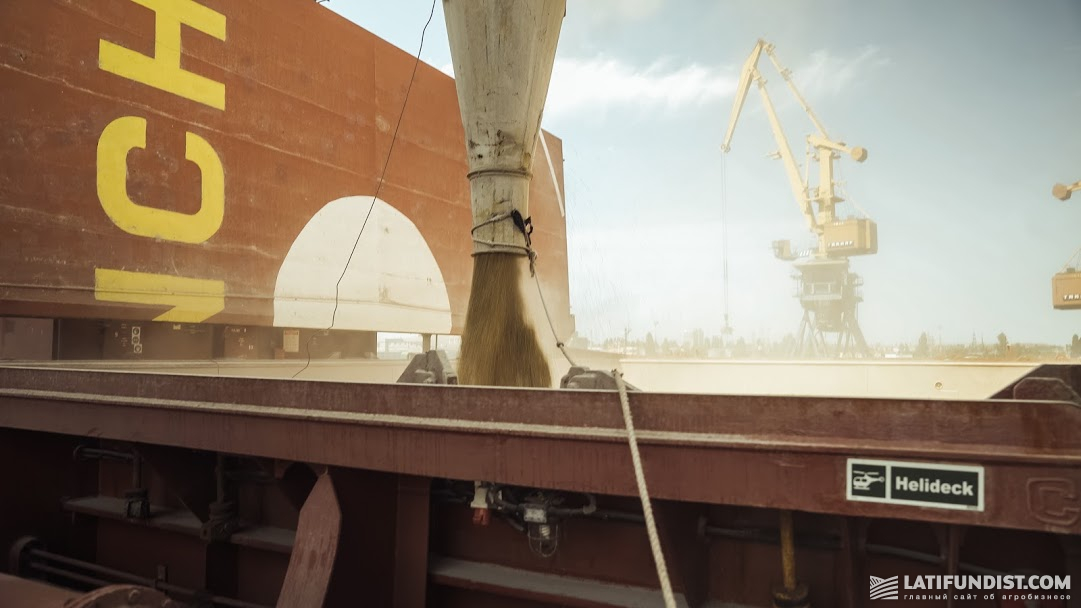
Here is an inside view of how this process is run.
A ship is at the terminal, the grain is loaded in the holds. A fumigation company comes and throws aluminium phosphide or magnesium phosphide tablets in the grain with a certain dosage. They dissolve and release phosphine gas, which is 1.2x heavier than air. In fact, this gas is an insecticide, i.e. a pest control agent. Pests are deep in the grain, they breathe in the gas, and they die. At the port of unloading, we expect that even though there are pests, but they are already dead. So they're not dangerous.
Furthermore, if the depth of the hold is more than 12 meters, one has to install a recirculation system. In other words, an engine is set at the top of the hold, it has a gas intake system, the engine forces the gas and then plunges down. In this way, firstly, we shorten the exposure period. Secondly, we guarantee that by doing so, the gas will pass through all layers of grain and fumigation will be carried out qualitatively. Thirdly, that we have carried out the phytosanitary procedure in accordance with international legislation.
Thus, you took a short course on fumigation.
What do traders say in this case? They complain that the engine is expensive. We do not want to install it, because it leads to an increase in the price of 10-25 cents per ton. Then they say that not all countries require recirculation.
We go back to 12 meters. Traders play a bit cunning, they imply shallow water countries, where large vessels do not physically pass through the ports.
GAFTA, IMFO (International Maritime Fumigation Organization), engineers — everyone says it must be done. When they mention the USA, I always say that America is a cool country because it is heavily regulated by business standards. They have it clearly fixed: recirculation systems are a must.
The International Plant Protection Convention (IPPC) and the WTO state that cargoes are a favourable environment for the spread of hazardous objects worldwide. Therefore, all phytosanitary procedures must be in place to ensure that the consignment is pest free.
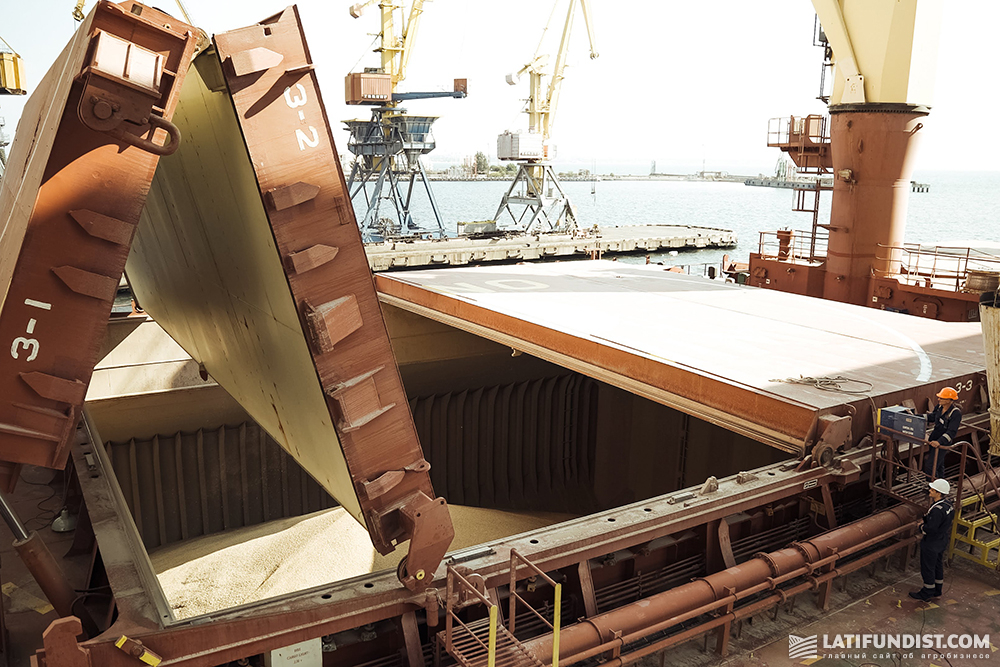
Without fumigation, this is impossible to achieve. So formally they cling to the fact that the word "fumigation" is missing. Let's say the word "decontamination" is used. It doesn't change the essence of the process, although it will be a certain manipulation.
Grain policy
For some reason, traders decided to save on it this year. We explain that there is a huge political component.
When a shipment of live pests arrives at ports, some countries say that you have not done fumigation properly. But we do all know the policy of such countries as India, Indonesia, Vietnam. They say that you do not know how to work with phosphine, and thus, let's use methyl bromide.
A bit of theory, again.
Methyl bromide is gas in cylinders. What's its specificity?
Firstly, there is none in Ukraine. Secondly, it is ozone-depleting. Thirdly, it is a technologically complicated process. With phosphine, it's simple: 200 kg of pills, whereas with this gas you bring two vehicles loaded with cylinders. The vessel is at the dock. At the same time, the entire crew leaves the ship, the terminal is blocked — there is a perimeter because the gas is used. We wait 72 hours for it to do its job. Then it takes 24 hours for airing. Four days. So tell me, who will wait for that much and block the whole terminal?
I am not even talking about expenses for hiring the vessel, every day it costs about USD 20 thou. The total loss with all expenses included (crew accommodation, etc.) is USD 100 thou.
And most importantly, bromine adds USD 3 per ton. Accordingly, at an average margin of a trader of USD 1-3, it is, in fact, a ban. Not at the state level, but at the level of business methods.
For a number of countries, each of our boats with bugs is a manipulation to take us down as exporters. Let me remind for those who have forgotten, we have a negative experience: Vietnam imposed a ban on imports of goods from our country when living pests were found. As a consequence, for several years this market was unavailable to Ukraine.
So, when greed struggles with the laws of physics and puts the reputation of a country exporting quality grain at stake for the sake of 25 cents per ton, it is sad.
Vladyslav Sedyk, President of the Phytosanitary Association of Ukraine


